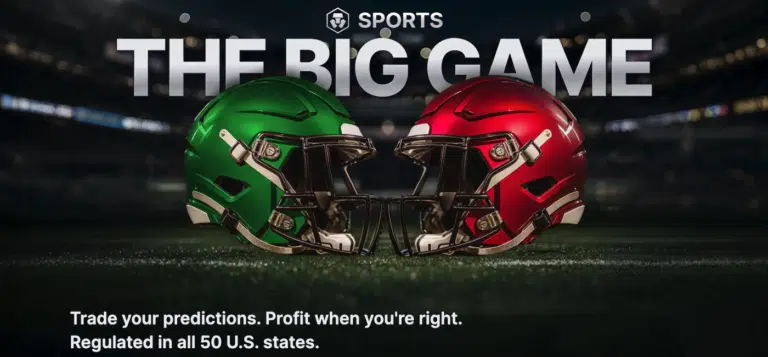California Voters Will Decide Sports Betting Fate

This article has been updated to include a fourth ballot initiative.
California has the potential to be the biggest US sports betting market. But, claiming the top spot is contingent upon California legalizing sports betting and doing so in a way that allows for online sports betting apps. Californians will determine that on election day 2022.
The choice is unlikely to be easy, as four different sports betting proposals could be on the California ballot. Thus far, only one measure has officially secured its spot on the November 2022 ballot, but California’s ease of ballot access makes it highly unlikely it will be the only one.
To gain ballot access, a constitutional amendment to legalize sports betting needs to secure just under a million signatures (8 percent of the votes cast for governor in the previous election). The efforts have until April 18, 2022, to hand in the signatures.
That means the political ads will be flying in the Golden State as coalitions pump up their preferred CA sports betting proposals while poo-pooing the others.
Option 1: Limited Retail Sports Betting at Tribal Casinos and Racetracks
After collecting 1.4 million signatures, a tribal effort spearheaded by the Pechanga Band of Luiseño Indians and 17 other California tribes seeking to legalize retail sports betting at tribal casinos and select California race tracks is already on the 2022 ballot.
“This is an important step toward giving Californians the opportunity to participate in sports wagering while also establishing safeguards and protections against underage gambling,” Mark Macarro, tribal chairman of the Pechanga Band of Luiseño Indians, .
The measure is the most conservative of the three. It doesn’t include online sports betting and only provides a meager tax benefit to the state, with race tracks’ obligation set at 10%, while the tribes would only be on the hook for the regulatory costs.
Its exclusion of California cardrooms and mobile wagering makes it highly controversial and helps explain why there are two other efforts afoot.
“This initiative does nothing to advance sports wagering, and instead expands the tribal casinos’ tax-free monopoly on gaming and rewards those operators for prioritizing their own wealth over public health and safety,” Kyle Kirkland, president of the California Gaming Association, told the OC Register.
Option 2: Limited Retail Sportsbooks and Online Sports Betting
The is backed by mobile operators, who saw the tribal proposal as a good starting point, and merely added the option for the tribes to partner with mobile sports betting operators. In effect, this measure is a bolt-on to the original tribal proposal.
The structure is similar to the Tribal proposal, with the addition of a 10% tax on mobile betting.
One interesting component of this initiative is it imposes a 15% tax (payable by the bettor) for any wagers placed through unlicensed or unauthorized betting platforms.
Option 3: Full Retail Sports Betting and Online Sportsbooks
Backed by several cities and card rooms, the would allow tribal casinos, race tracks, card rooms, and professional sports teams to operate retail and online sportsbooks. Like Option 2 above, sports betting operators can offer mobile wagering by partnering with online betting platform providers.
This initiative would tax sports betting at 15%, and more controversially, “clarify existing state gambling policies, statutes, and rules applicable to California’s licensed and regulated cardrooms,” which appears to be an attempt to end the longstanding dispute surrounding house-banked games.
, the and the said the city-cardroom effort will “seriously (undermine) tribal sovereignty and the voters’ repeated support for Indian gaming in California.”
“These deceptive measures were written by and for the sole financial benefit of their corporate sponsors and funders,” said Anthony Roberts, chairman of Yocha Dehe Wintun Nation. “These measures would be bad for California and bad for tribes. We are prepared to wage a vigorous and well-funded campaign to educate the voters and ensure the measures are defeated.”
Option 4: An Alternative Tribal Effort
The was put forth by three tribes (two of which support the original tribal measure), the Rincon Band of Luiseno Indians, Federated Indians of Graton Rancheria and Wilton Rancheria.
This new tribal proposal would cut out race tracks and allow for mobile wagering fully controlled by the tribes under the same conditions used in Florida, that is, allowing tribes to offer mobile wagering statewide if the servers are located on tribal lands.
However, while the Seminoles have launched mobile wagering in Florida, there is a pending court case that could sideline the tribe’s mobile app. How that court case plays out will either bolster or undermine the new tribal effort in California.







